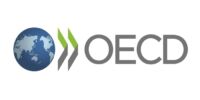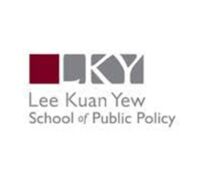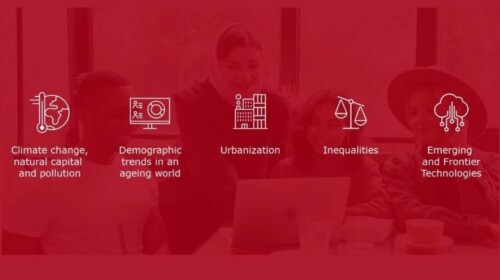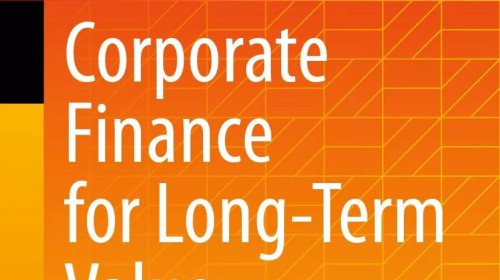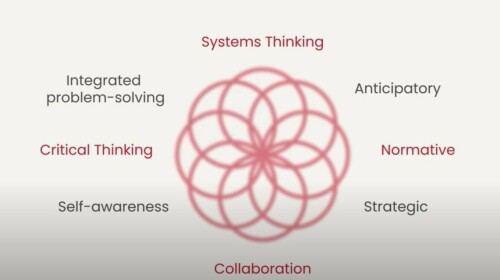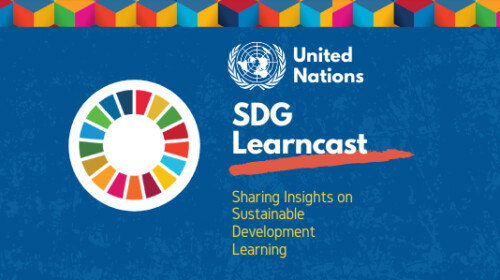Conventional approaches to development often focus on sector-specific economic results, working under the assumption that markets function perfectly. Such approaches do not adequately consider externalities and their impact on society, equity or the environment. They also often ignore the transboundary and inter-generational effects which results in siloed, contradictory policies that can undermine one another.
This course explores ways to uncover system interconnections and foster integration across the Sustainable Development Goals, against a backdrop of political economy analysis. It explores the concept of systems thinking, as well as a cross-organizational and cross-sectoral policy coherence at the national, regional and international levels. It aims at equipping participants with an understanding of why a focus on system interconnections is key for achieving sustainable development, what coherent policymaking entails, and what are some specific tools, mechanisms and approaches that can be employed to foster both. This need for a systemic and coherence view is more evident than ever as the global COVID-19 pandemic has interrupted our journey towards transformative change and risks reversing decades of development gains.
This course was designed by the UN System Staff College, in coordination with the National University of Singapore acting through its Lee Kuan Yew School of Public Policy and the Hertie School – The University of Governance in Berlin, and in collaboration with the OECD Policy Coherence for Sustainable Development Unit in Paris.
Target Audience
UN staff from headquarters, country teams or regional offices, government representatives, development practitioners as well as members of civil society, the private sector, academia and foundations.
Learning Objectives
Upon successful completion of this course, participants will:
- Demonstrate a sound understanding of the vision and principles underlying the 2030 Agenda, the evolution of the concept of policy coherence for sustainable development and the importance of policy coherence for sustainable development;
- Demonstrate a sound understanding of systems thinking and systems mapping, as a framework of thought;
- Demonstrate a good understanding of the relevance of policy coherence as an approach and a tool to achieve sustainable development outcomes, and be able to recognize policies that are mutually reinforcing across governance levels;
- Be equipped with knowledge of the specific tools, mechanisms and approaches that can be employed to foster systems thinking and policy coherence, including partnerships and multi-stakeholder engagement.



